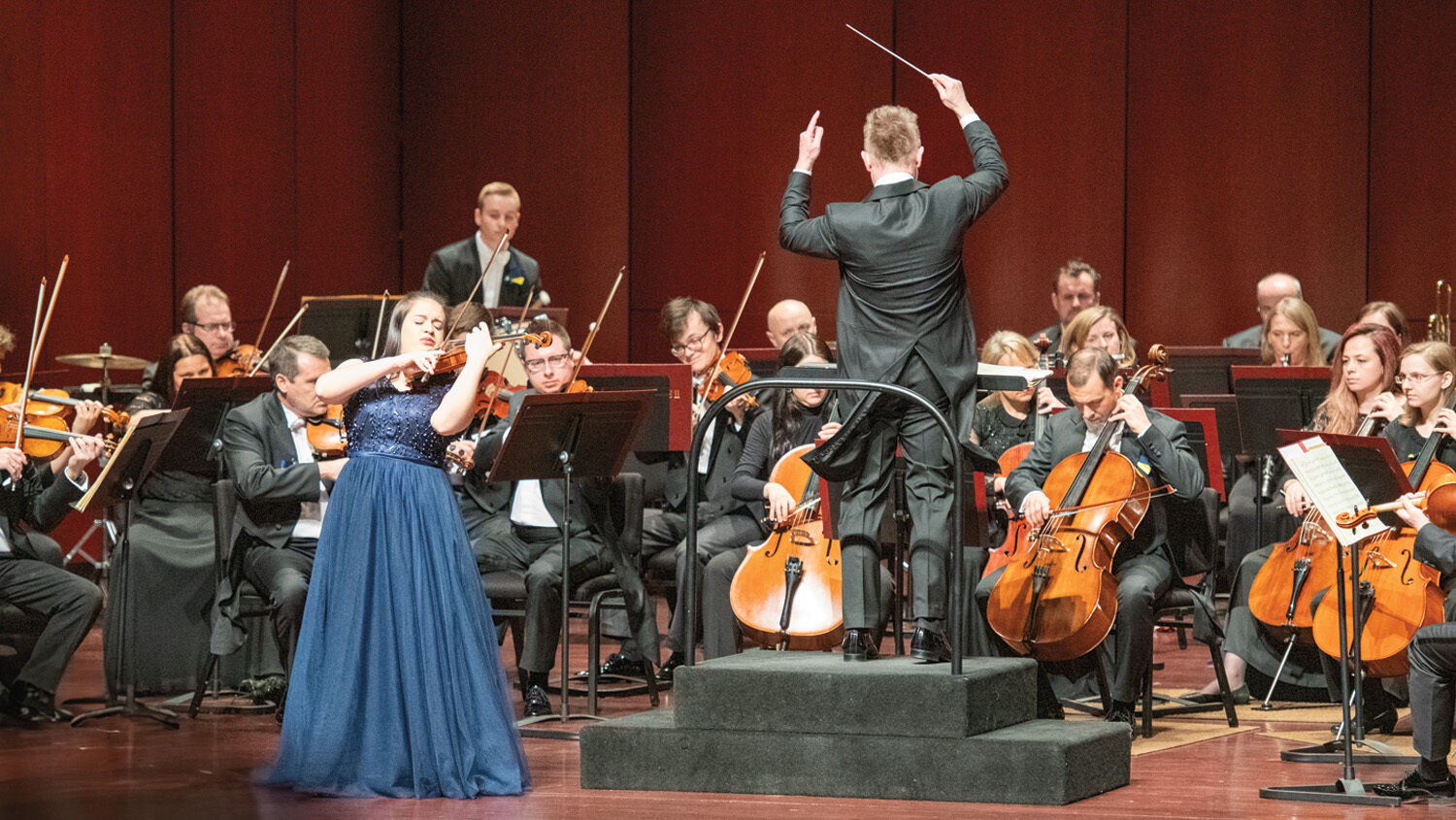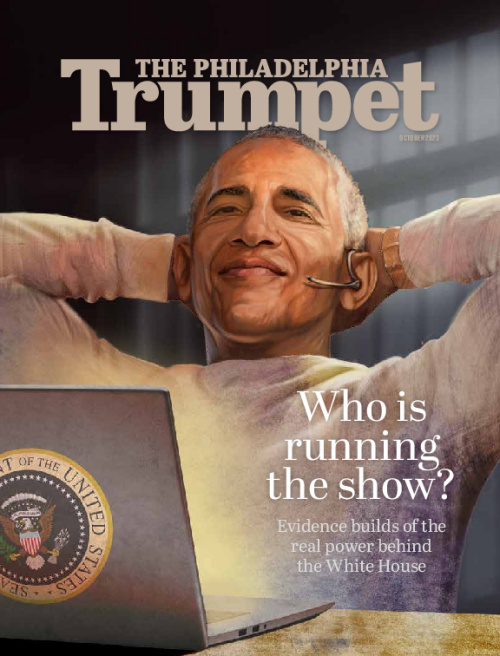Do You Enjoy True Culture?

Do You Enjoy True Culture?
Culture, culture everywhere!
For millennia, “culture” had been a luxury for a small minority. To witness an exquisitely artistic performance, you would have needed to be born into a privileged palace, and one that patronized the arts. But for about the last century, thanks in part to the affluence of the Western world, remarkable cultural experiences have been available to the masses.
Technology can now capture and transmit the finest feats in the performing arts. This enables to partake of great performances repeatedly. When 19th-century composer Franz Schubert heard a particular Beethoven string quartet, his dying wish reportedly was to hear that piece one more time. Today the notion that we’d only hear a great piece of music once or twice is utterly foreign.
Even just a few decades ago, a listener had to go to some trouble to find and purchase the recording, or hope to catch it on the radio. Modern streaming and online-video platforms have obliterated these limitations.
Yes, culture, culture everywhere! So how would one generally describe Western “culture” today?
It seems ironic, but in spite of cultural experiences being available to us on demand, our society is treading the path toward cultural illiteracy, and worse.
Webster’s defines culture as “acquaintance with and taste in fine arts, humanities ….” It is also “enlightenment and excellence of taste acquired by intellectual and aesthetic training.”
Though affluence makes ours an age of great cultural availability, it has led to an age of ease. Even our “work” tends to be easy. We have come to believe everything should come easy, even our culture. We convince ourselves that if something takes effort and education to appreciate, we ought to move on to something easier—which often means something of lower quality. So true culture, by its definition, dies.
Modern technology makes passively watching, clicking and scrolling incredibly easy. Obviously it takes much less hassle and money than does dressing up, leaving the house and forking out $50 per ticket to attend a play or a concert. But what we see on screen is often low culture. It is showy, flashy, catchy, entertaining. And if we don’t like what we see, an alternative is a barely a knuckle-bend away.
Yes, this age of affluence should allow more people to enjoy the life’s “finer” things more often—to attend plays, concerts and art exhibitions, to enjoy great works of literature and music. So why don’t we?
One reason is that our human nature is fundamentally lazy. It shies away from challenge—of engaging with something that stimulates the mind, opting instead for something that entertains.
Another factor is society abandoning history and glorifying “the now.” This favors immediate gratification and creates cultural amnesiacs who have time for nothing but a catchy three-minute tune or an amusing 30-second video. Consume enough banal, hyperstimulating, adrenalizing pop culture, and fine culture that requires effort to appreciate comes off as stodgy, pretentious and boring.
Add to all this the fact that we often don’t know any better. So many are as wealthy as aristocrats yet lack the training in culture that nobility traditionally might have received. What is excellence? What is taste? Modern education largely fails to teach cultural literacy and history; it fails to cultivate appreciation for the highest achievements in literature, art, music.
What might we learn from our non-elite, non-aristocratic forbears who still somehow had a high standard of culture, decorum and etiquette? Before mass communication, the average person could still be cultured. If people couldn’t afford to attend concerts, they made their own—perhaps gathering around the piano, each child with an instrument, to make music for their evening entertainment. If tickets to the opera were too extravagant, they could get its famous arias in a book of sheet music and sing them. These were the “pop songs” of the day. For the masses to be cultured, they had to be the culture.
Understanding art, theater, literature, opera takes time, experience, education. But, sadly, today we rarely slow down, appreciate, observe. Such a lifestyle overlooks high culture and excellence and mars our entire perspective on the world, significant history, important issues, and even our morals.
Another major modern force destroying true culture is the perversion and obscenity polluting popular culture. Many are embracing hedonistic, crude, sexualized, scandalized and violent entertainments, becoming voyeurs of human nature at its lowest. This has strangled true culture, which aims to show humanity at its finest, highest state of creativity and achievement.
Glutted on popular entertainment, affluence and ease, society is ignoring high culture. Thanks to our loss of perspective on time, history and education, culture is taking its dying breaths. Even if culture were the only victim, it would be a tragedy in the annals of Western civilization. But what’s worse is that all these ills that plague culture reveal deeper problems with our society and the disastrous direction it is headed.
We can challenge these trends in our individual lives. We can elevate our standards of decorum and engage in culturally stimulating pursuits. We can build a culture in our home that actively participates in the arts. We can use modern technology to enjoy some of the greatest achievements of the human spirit. And we can channel our blessings to invest in experiencing the finest culture firsthand.
Request your free copy of How God Values Music.
